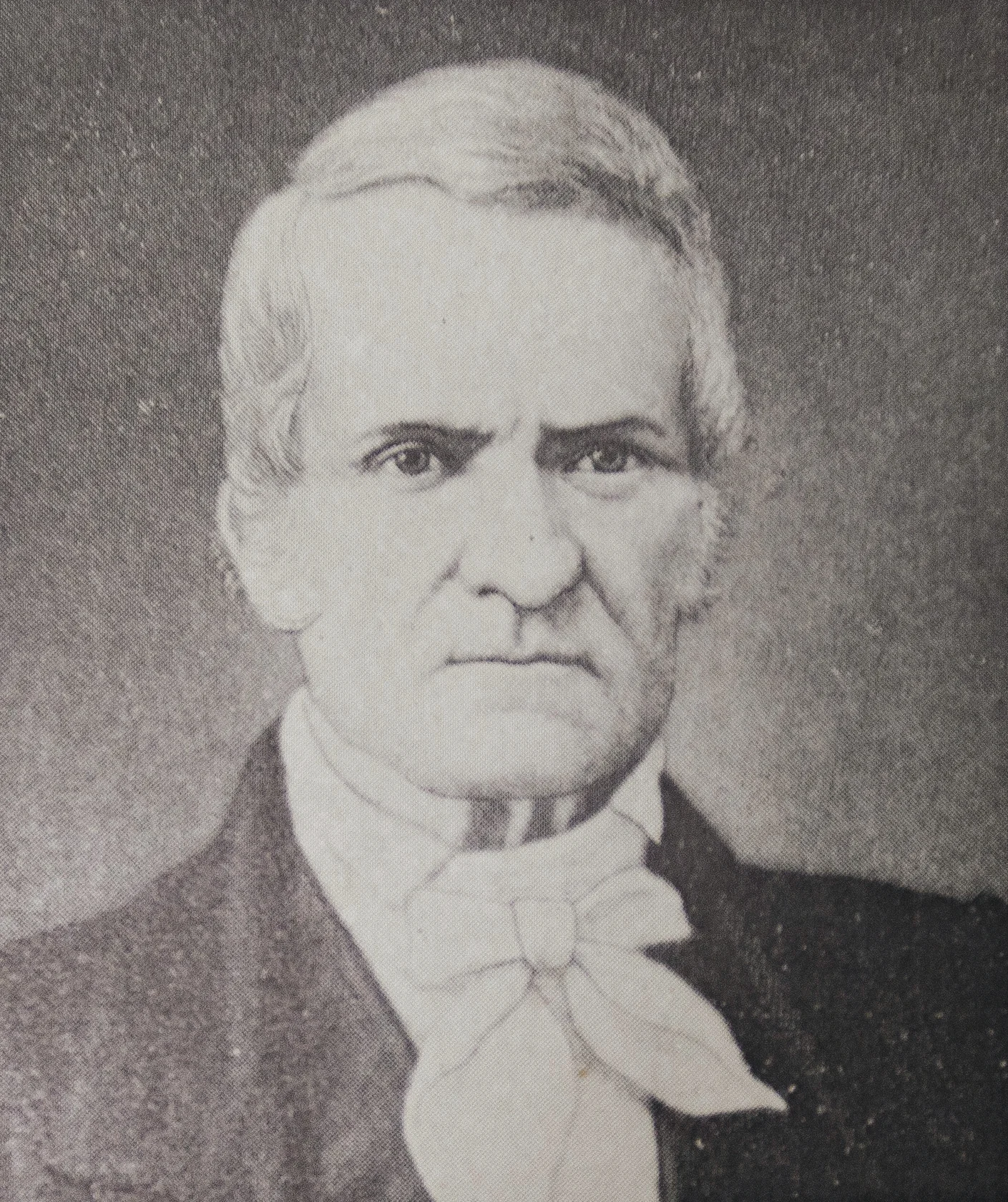Preface.
James Dodson
THERE is a general agitation of the church, at the present time, in consequence of false views of the doctrine of the atonement. This subject just now excites peculiar attention in the American churches. Every city, every district, and almost every village, where there are any members of the family of God, is disturbed by a spirit of controversy. This were deeply to be regretted, by every pious disciple of Jesus, did we not know that however precious peace may be, truth is more precious.
The work now presented to the reader consists of two parts, Historical Sketches, and a Translation. In the Historical Sketches, the author has been advised by some, whose counsel deserves attention, to deal very gently with errorists. Nothing would have better accorded with his feelings, could he have believed that truth would be as effectually promoted by pursuing this course. This he could not believe. The Apostles and Reformers thought and acted differently from such counsellors. He has also been advised, by those on whose opinions he placed more reliance, to speak out with boldness and candor. He has done so. Whatever the “friends of moderation” may think, he hopes he shall never regret what he has done. We should know men as well as doctrines, and under this conviction, he has not spared to mention names and churches freely. Those who are advancing require gentleness. Those who are departing from the truth merit even severity.
He has not knowingly withheld, through fear or favour, any important fact, or wilfully perverted or discoloured any. Yet with all the pains he could take, mistakes may have crept into his pages. When pointed out, if they exist, they will be corrected with great cheerfulness. To find the opinions of any man, or of any section of the church, better than he has thought them, will give him great pleasure.
In the translations from Turrettin, the translator has aimed at no more than to render the reasoning of his author perspicuous. In this he hopes he has succeeded. Many have attempted to translate parts of this system, but no one has before published, so far as the translator knows, any of his translations. Could he have availed himself of a version into German, French, or Italian, it would have assisted him much. But as none such is known to exist, he has been compelled to rely upon the original alone. The scholastic mode of reasoning, adopted by Turrettin, has not been followed. It has been thought sufficient to give the sense, without copying the phraseology.
The doctrines taught by the Genevan school, he believes, will bear the severest examination, when brought to the “Law and the Testimony.” They have been blessed by God for the promotion of personal piety, and will yet be blessed for that end.
That both the reader and the writer of the following pages may have an interest in the atonement, which they are designed to defend, and may enjoy its fruits, through the tender mercy of the “Author and Finisher of our faith,” in mansions of glory, is the earnest prayer of the
AUTHOR.
Philadelphia, May 6, 1817.
